Chat support has become an integral part of customer service strategies. The demand for professionals with strong chat support skills is on the rise, with the global customer experience management market expected to reach $14.9 billion by 2025, growing at a CAGR of 18.5% from 2020 to 2025 (MarketsandMarkets, 2020).
As businesses increasingly rely on digital channels, the skills needed for chat support have evolved beyond basic communication abilities.
Recent studies show that 79% of customers prefer live chat support due to its immediacy (Kayako, 2020), highlighting the importance of honing customer support skills specifically for chat interactions.

Moreover, 63% of consumers are more likely to return to a website that offers live chat (Emarketer, 2020), emphasizing the impact of effective chat support skills on customer retention.
Email and chat support skills often overlap, but chat support requires additional competencies such as quick thinking and multitasking.
According to a report by Comm100, the average chat support agent handles up to 6 chats simultaneously (Comm100, 2021), underlining the need for specialized skills for chat support.
In this article, we'll explore essential tips and tricks to improve your chat support skills, ensuring you can meet the growing demands of this crucial customer service channel through chat support skills.
The Importance of Chat Support
Chat support has emerged as a crucial tool for businesses to engage with their customers.
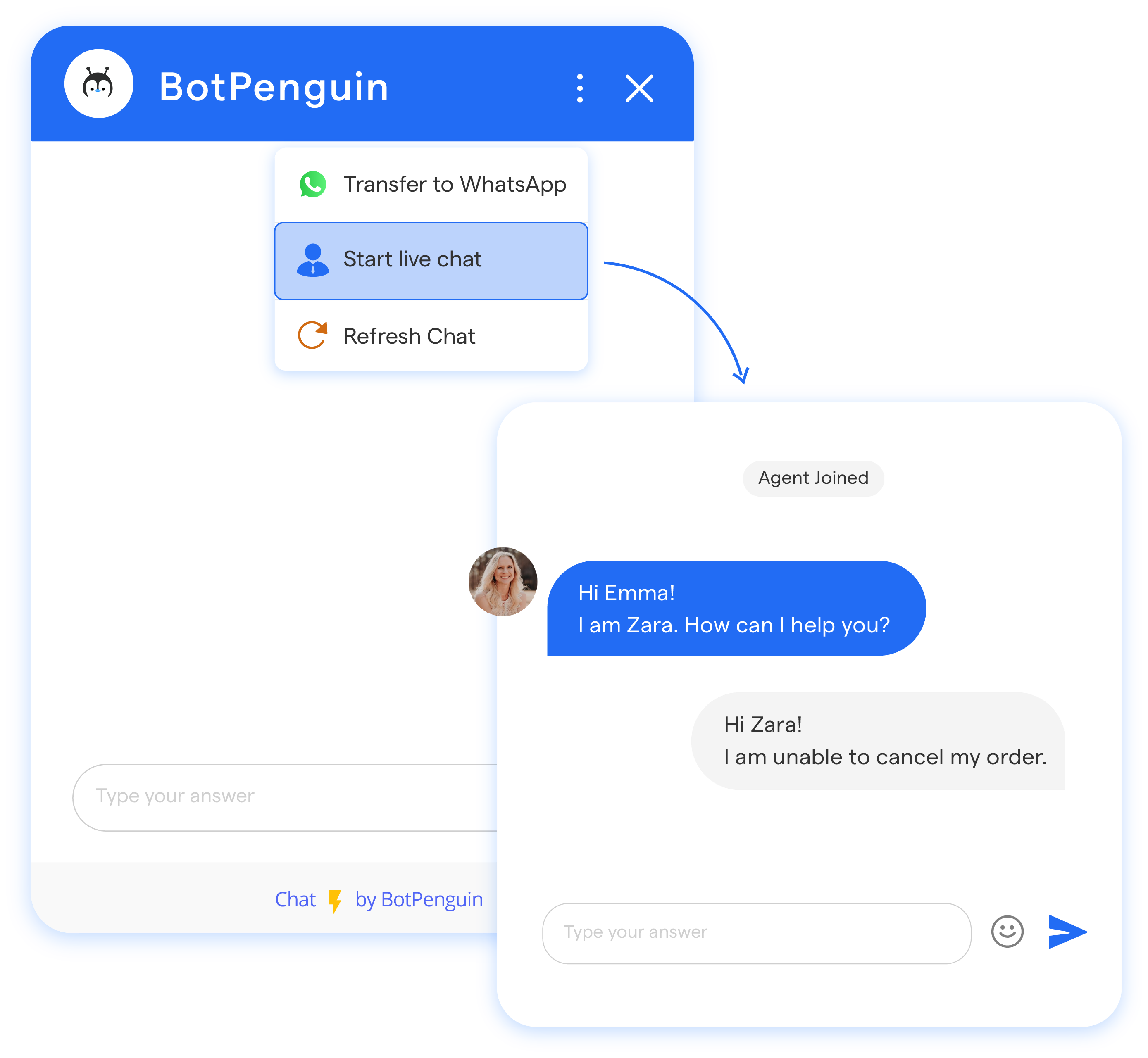
The instantaneous nature of chat support allows for real-time interactions, fostering a sense of immediacy and personalized assistance that customers have come to expect.
The Impact of Chat Support on Customer Satisfaction
Effective chat support can significantly impact customer satisfaction levels. By providing swift responses to queries and concerns, businesses can address issues promptly, leading to happier and more loyal customers.
The convenience of chat support skills also adds to the overall customer experience, making it a preferred communication channel for many.
Chat Support as a Sales Tool
Beyond resolving customer issues, chat support skills also serve as a valuable sales tool. Skilled chat support agents can identify opportunities to upsell or cross-sell products and services, further driving revenue for the business.
By leveraging their chat support skills, agents can seamlessly transition from providing support to showcasing the value of additional offerings, maximizing each customer interaction.
Building a Strong Foundation
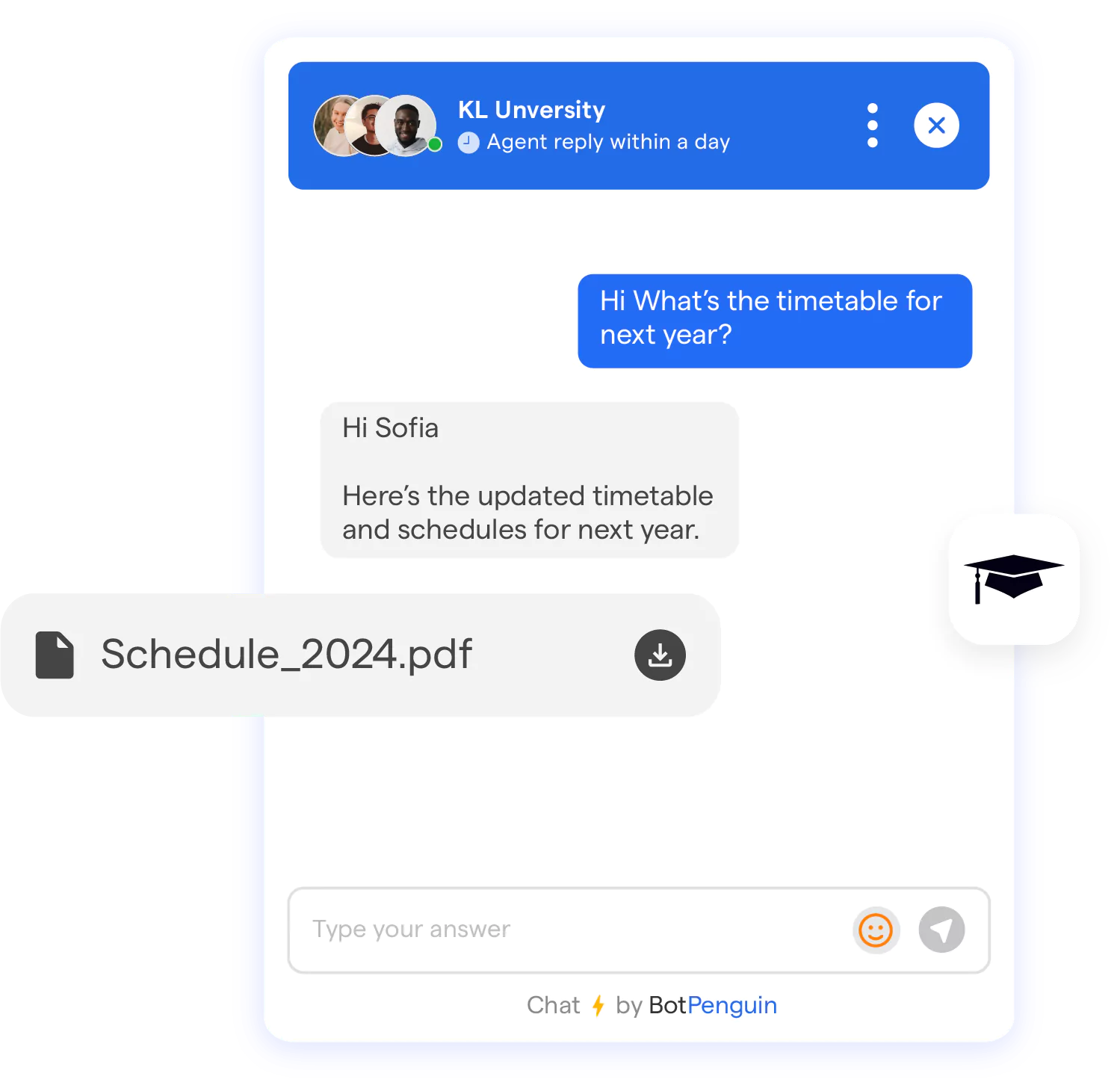
When it comes to mastering chat support skills, building a strong foundation is essential.
Mastering the Fundamentals of Chat Support
Effective chat support skills begin with active listening and empathy. Understanding the customer's concerns and demonstrating empathy can go a long way in creating a positive interaction.
By acknowledging their emotions and concerns, support agents can build trust and rapport, ultimately leading to higher customer satisfaction.
Effective Communication Techniques for Chat
Clear and concise communication is paramount in chat support skills. Agents should focus on delivering information in a manner that is easy for the customer to understand.
Utilizing simple language, avoiding jargon, and maintaining a professional tone contributes to effective communication in chat interactions.
The Art of Typing Fast and Accurately

The speed and accuracy of responses in chat support are crucial. Agents must hone their typing skills to provide timely and error-free responses.
Utilizing keyboard shortcuts, utilizing predictive text features, and maintaining proper grammar and spelling are essential in delivering efficient and accurate support.
Deep Dive into Product Knowledge

The foundation of exceptional chat support skills also rests on a deep understanding of the products or services being offered.
The Importance of In-Depth Product Information
Chat support agents must possess comprehensive knowledge about the products or services they are supporting.
This includes understanding features, functionalities, troubleshooting steps, and any relevant policies. This depth of product knowledge enables agents to address customer queries adeptly and with authority.
How to Stay Updated on Product Features and Changes
Products and services evolve, and chat support agents must stay informed about any updates or changes.
Regular training sessions, access to updated product documentation, and continuous communication with the product development team are essential for agents to remain up-to-date and well-versed in the latest features and offerings.
How to Enhancing Customer Interactions
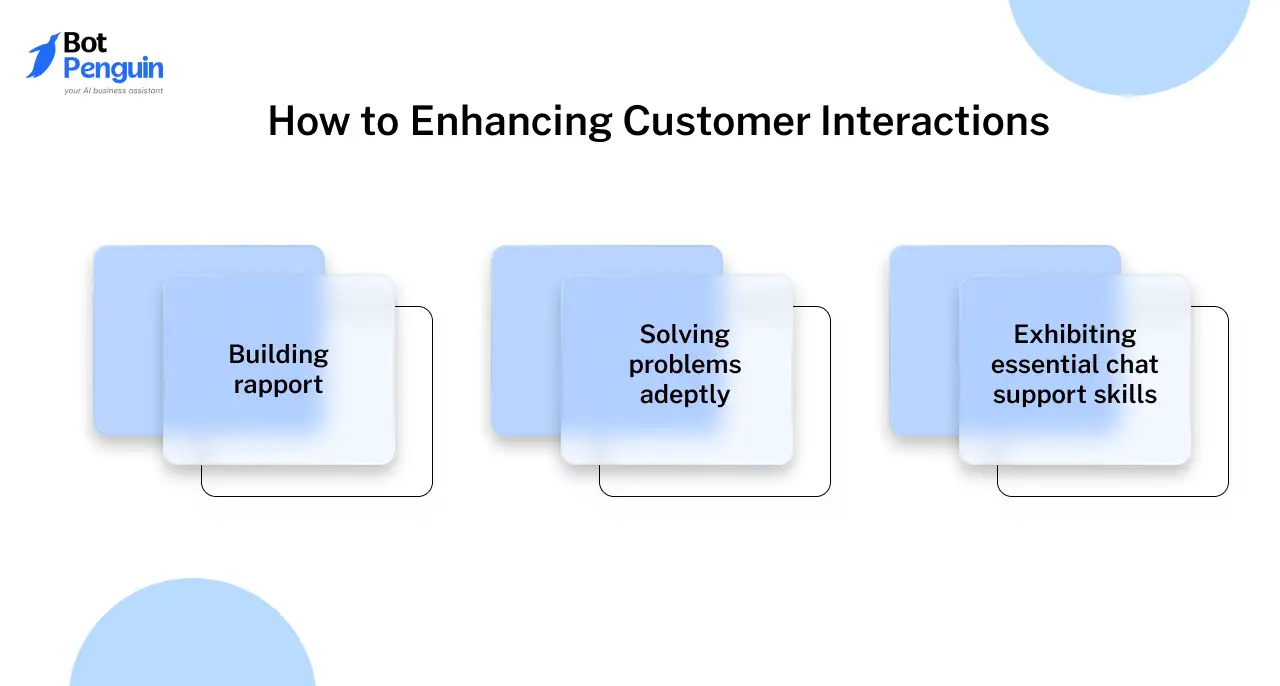
Providing exceptional chat support requires more than technical knowledge and effective communication.
In addition to mastering key chat support skills, agents must focus on building rapport and trust, solving problems adeptly, and exhibiting essential chat support skills.
Building Rapport and Trust with Customers
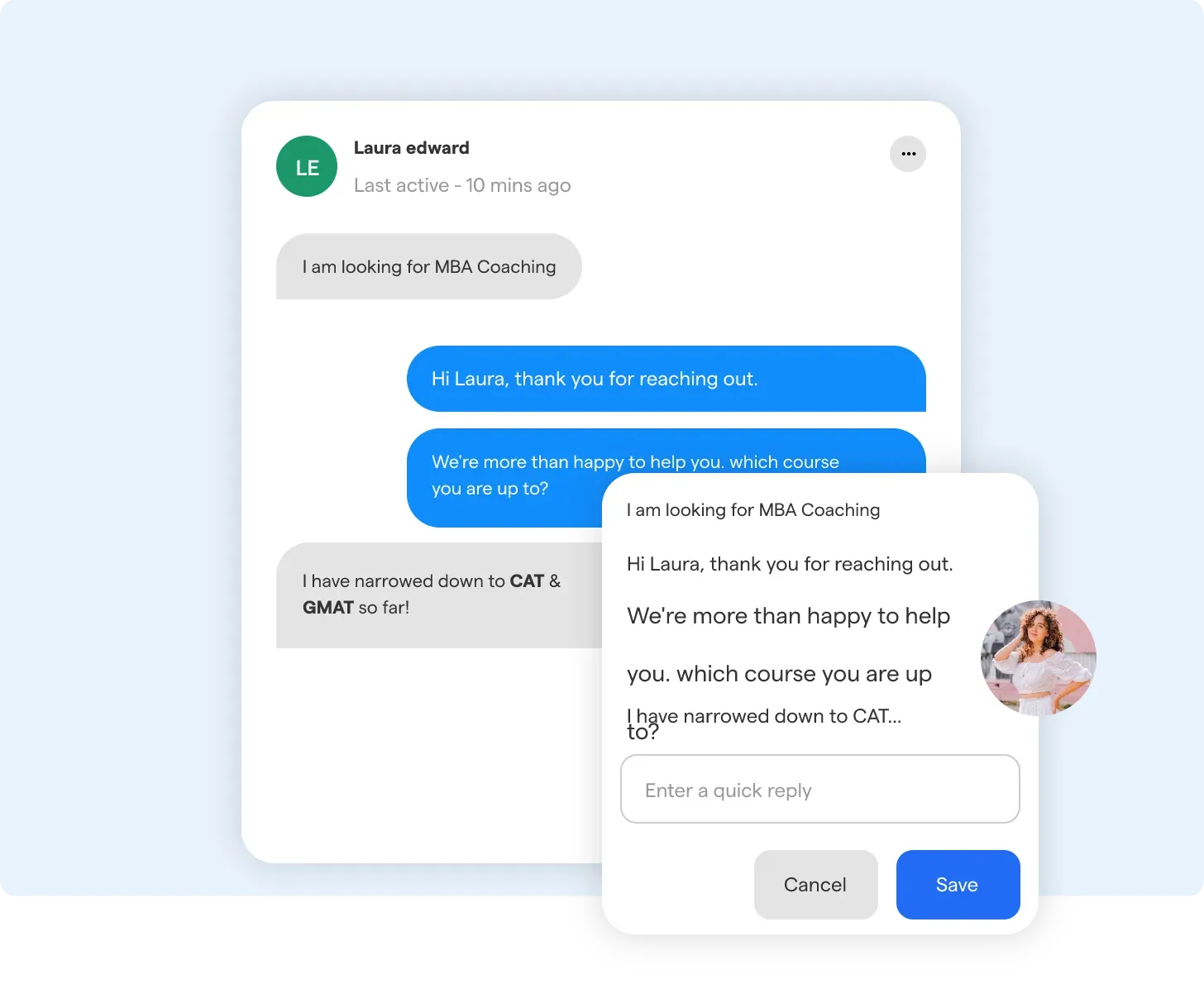
A personalized touch in chat conversations can make all the difference in building rapport and trust with customers.
Agents should address customers by their name, express genuine interest in their concerns, and utilize previous interactions to understand their preferences.
These small yet meaningful personalizations contribute to a positive experience and create loyalty between the customer and the brand.
Handling Difficult Customers with Grace
Dealing with difficult customers can be challenging, but it is an essential aspect of chat support skills. Empathy, active listening, and patience are critical in handling angry, frustrated, or upset customers.
Agents should understand the customer's perspective, acknowledge their emotions, and offer practical and timely solutions. When chats become unproductive or inappropriate, agents can employ de-escalation techniques or, when warranted, escalate to a supervisor.
Problem-Solving and Issue Resolution
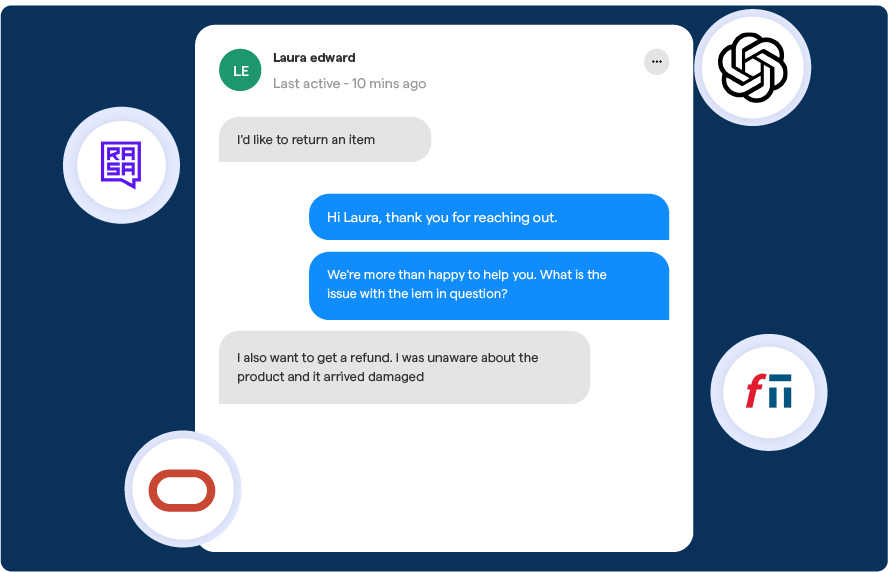
Chat support agents must be well-versed in effective troubleshooting strategies. This means identifying the root cause of customer issues, identifying relevant solutions, and guiding the customer through the resolution.
Timely and accurate responses are essential, as customers rely on chat support as a means for quick resolutions. Agents must also utilize proper documentation to ensure an accurate record of any progress and solutions.
Escalating Issues Appropriately
Some customer issues may prove too complex for chat support agents to resolve independently.
In these cases, agents should escalate the issue to a supervisor or higher authority. An efficient and timely escalation process ensures that customers receive appropriate assistance.
Agents should also have proper communication channels in place to request help from knowledgeable team members actively.
Essential Chat Support Skills
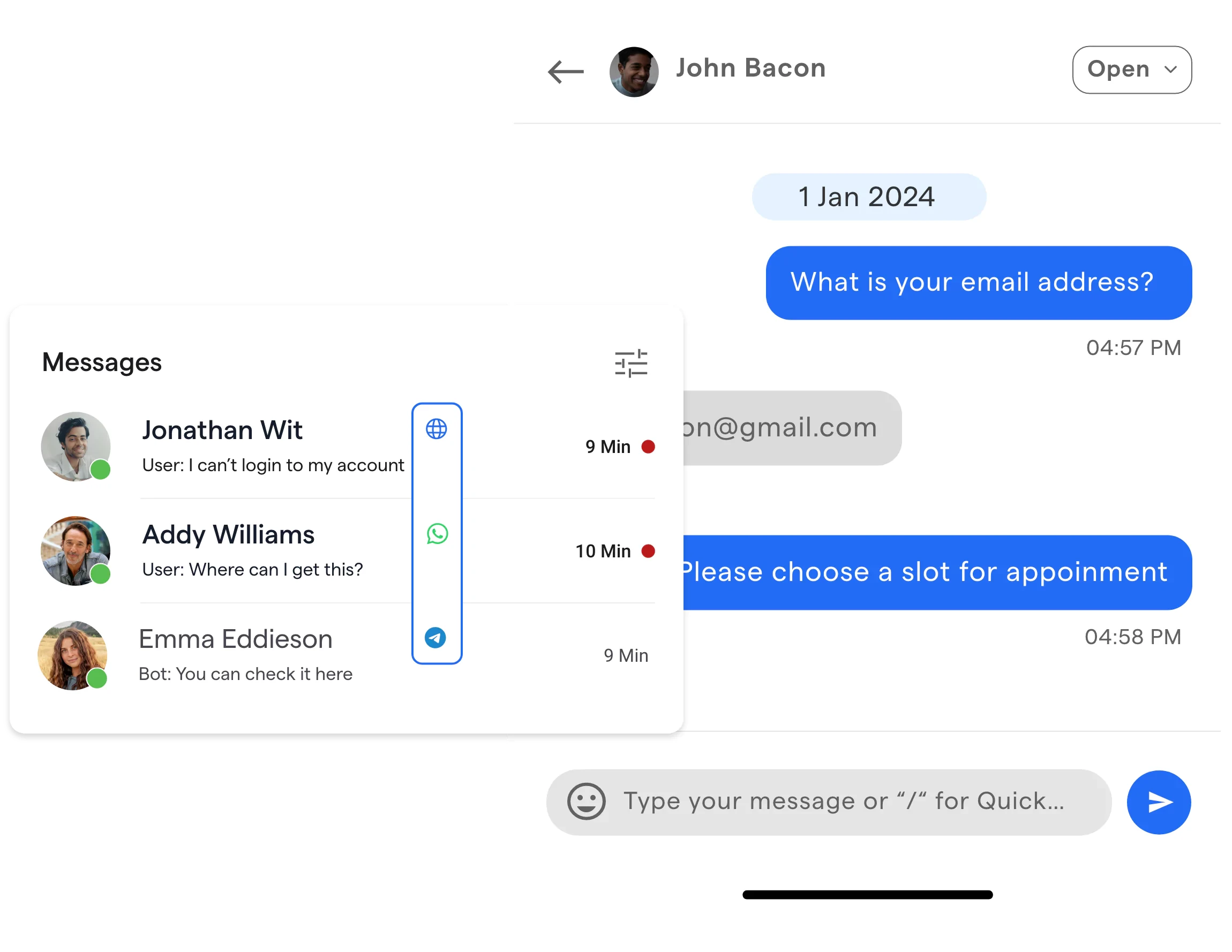
Chat support skills can be unpredictable, necessitating agents to juggle multiple conversations simultaneously continually.
Effective time management and multitasking chat support skills are essential in achieving this. Agents should prioritize chats, monitor wait times, and personalize responses without compromising on quality or accuracy.
Patience and Resilience
Patience and resilience are crucial chat support skills for chat support agents. Customers may have a wide range of emotions, and some may communicate quite forcefully or even disrespectfully.
Patience is essential in addressing these situations with dignity and professionalism, and agents must remain calm and composed at all times.
Adaptability and Flexibility
Lastly, chat support agents must be adaptable and flexible. The support landscape is ever-evolving, requiring agents to keep up with latest technologies, strategies, and tools constantly.
Whether it be product updates, new communication channels, or revised support policies, agents must be agile and able to adapt quickly.
Leveraging Technology
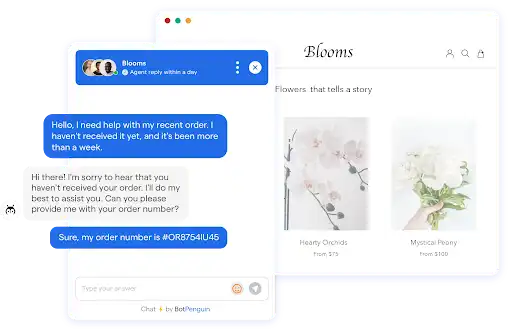
Leveraging technology is an essential component of chat support, allowing agents to handle customer interactions quickly, efficiently, and effectively.
Chat support agents must be able to utilize the latest support tools and technology and understand how to measure their performance to improve interactions continually.
Chat Support Tools and Technology
Chatbots and Artificial Intelligence (AI) are transforming the way chat support functions.
Chatbots are intelligent tools that can handle many of the repetitive or mundane tasks, freeing up agents to focus on more complex customer interactions.
AI can also analyze customer interactions to identify patterns and provide agents with suggestions on how to offer improvements.
Knowledge Base and FAQ Resources
A Knowledge Base and Frequently Asked Questions (FAQ) section are useful resources for chat support agents. Knowledge bases are repositories of information about a company's product or service.
Agents can use them to quickly reference information that they can then pass on to customers as needed. An FAQ page provides customers with answers to commonly asked questions, reducing inquiry response time and improving customer satisfaction.
Measuring and Improving Performance

Measuring performance is essential in chat support to ensure that agents are meeting expectations and continuously improving.
Key Performance Indicators (KPIs) are metrics that help track performance, allowing managers to identify areas that need improvement.
Examples of chat support KPIs include First Response Time, Average Handling Time, and Customer Satisfaction Ratings. Regular review of these metrics allows agents to adjust their approach and optimize their performance continuously.
Using Customer Feedback to Enhance Skills
Customer feedback is a critical component of chat support agent's chat support skills development. Agents can use feedback from surveys and post-chat surveys to identify areas of their performance that require improvement.
Additionally, agents should be incorporating feedback into their ongoing training to enhance their communication style, deepen their understanding of customer needs, and refine their chat support skills.
Continuous Learning and Development
Continuous learning and development are pivotal in enhancing chat support skills and ensuring that agents are equipped to provide exceptional customer service.
From role-playing exercises to seeking feedback and mentorship, ongoing training opportunities can significantly improve the quality of chat support interactions.
The Importance of Ongoing Training and Development
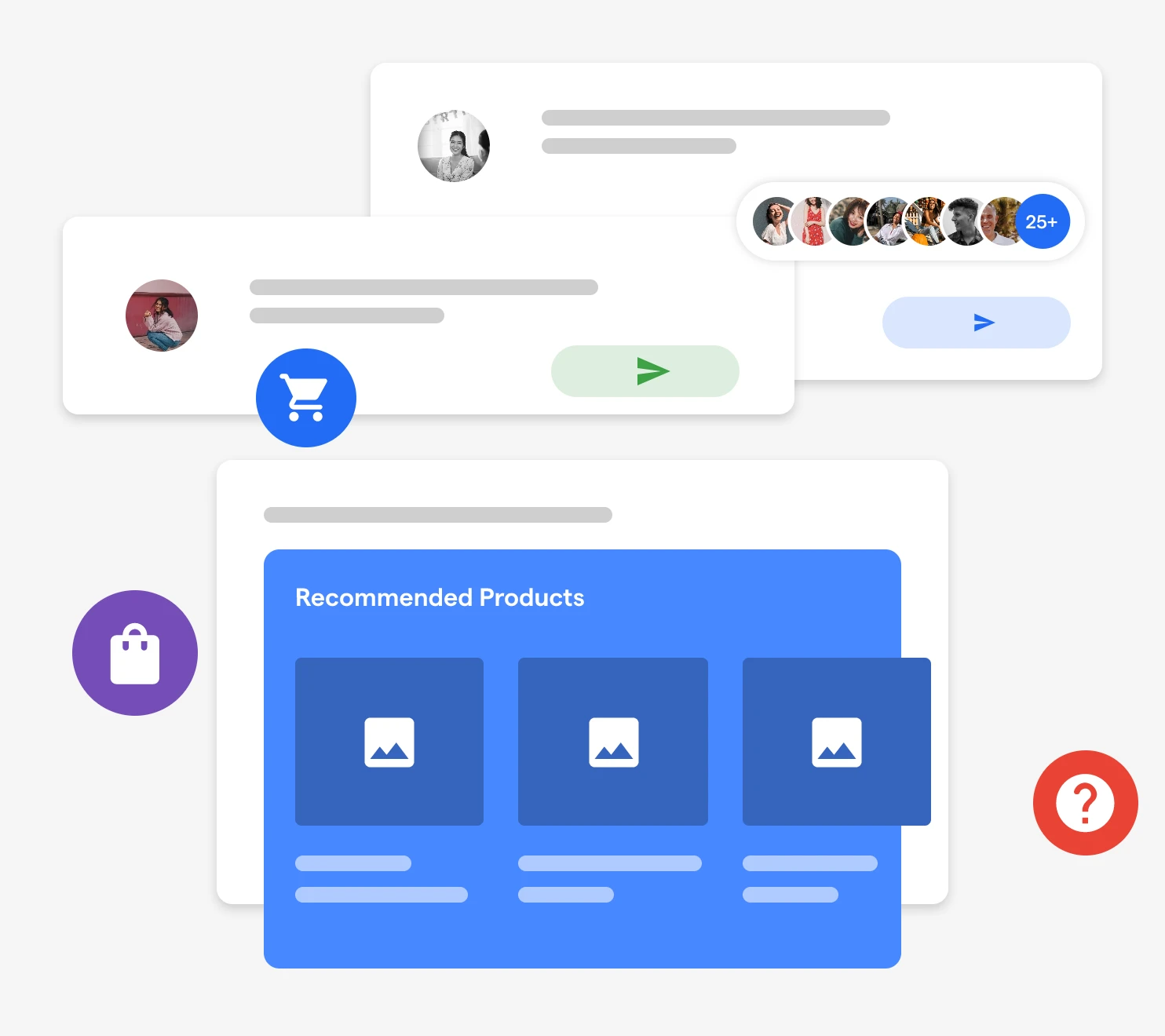
Role-playing exercises are an effective method for agents to sharpen their chat support skills. By simulating real customer scenarios, agents can practice their communication, problem-solving, and conflict-resolution abilities in a safe environment.
Role-playing allows agents to test different approaches, receive feedback from peers or supervisors, and refine their techniques continuously.
Seeking Feedback and Mentorship
Feedback and mentorship play a crucial role in the ongoing development of chat support agents.
Seeking feedback from supervisors, peers, or even customers can provide valuable insights into areas that require improvement. Mentorship relationships with experienced agents can offer guidance, advice, and support in developing chat support skills.
By actively seeking feedback and mentorship, agents can accelerate their growth and proficiency in handling customer interactions.
Conclusion
In conclusion, developing and refining your chat support skills is an ongoing process that requires dedication and practice.
By implementing the tips and tricks discussed in this article, you can significantly enhance your customer support skills, particularly in the chat environment.
Remember that skills needed for chat support often overlap with email and chat support skills, but chat interactions demand unique competencies such as quick thinking, multitasking, and the ability to convey empathy through text.
Continuously working on these chat support skills will not only improve your performance but also contribute to better customer experiences and satisfaction.
As technology evolves, so do the chat support skills. Stay informed about new tools, techniques, and best practices in the field to ensure your chat support skills remain sharp and relevant.
Consider seeking additional training or certifications to further develop your customer support skills, especially those specific to chat interactions.
By focusing on improving your chat support skills, you'll be better equipped to handle a wide range of customer inquiries efficiently and effectively.
This commitment to excellence in chat support skills will undoubtedly contribute to your professional growth and the success of your organization's customer service efforts.
Frequently Asked Questions (FAQs)
How can I improve my active listening skills from chat support skills perspective?
Improving active listening skills in chat support involves focusing on the customer, avoiding distractions, and summarizing their concerns to ensure understanding.
What are some effective communication techniques for chat support?
Some effective communication techniques for chat support include using clear and concise language, avoiding jargon, and maintaining a professional tone throughout interactions.
How can I enhance my product knowledge for chat support?
Enhancing product knowledge for chat support involves deep diving into product features and troubleshooting steps, staying updated on changes through regular training, and engaging with the product development team.
How can I build rapport and trust with customers in chat support?
Building rapport and trust in chat support involves personalizing conversations by addressing customers by their name, expressing genuine interest, and utilizing previous interactions to understand their preferences.
How can I effectively handle difficult customers in chat support?
Effectively handling difficult customers in chat support requires empathy, active listening, and patience. Understanding their perspective, acknowledging emotions, and offering practical solutions are key strategies.
What tools and technology can I leverage to improve chat support interactions?
Leveraging tools such as chatbots and AI can improve efficiency in chat support. Knowledge bases and FAQ resources also provide agents with quick access to information, while performance metrics help track and optimize performance.



